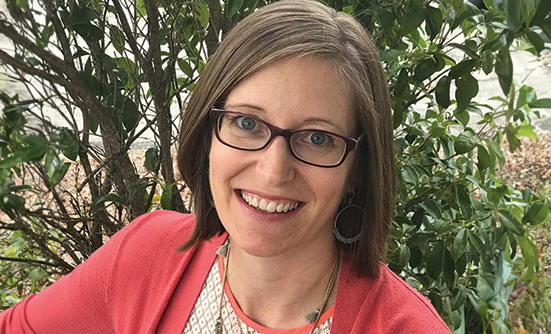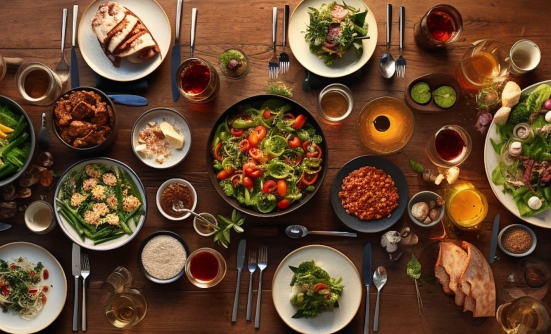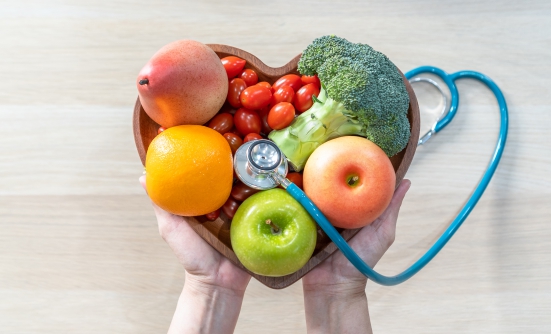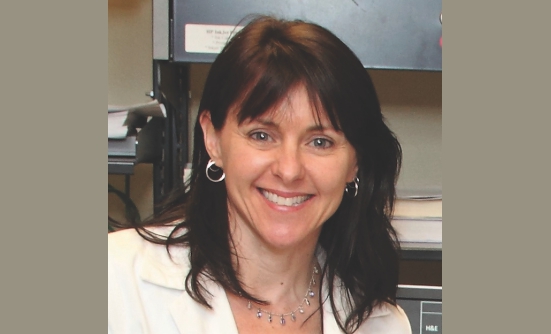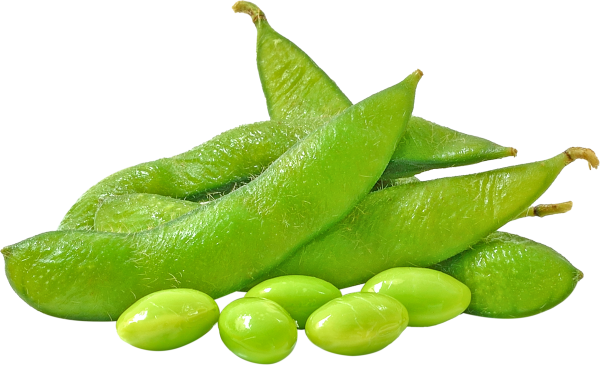
I’ve been asked often about the connection between soy and cancer risk. And with good reason; there is conflicting information regarding soy-based foods and cancer diagnoses that leaves many people feeling confused. Some people may have been told when diagnosed with cancer that they should avoid soy; others are told they can eat whatever they want. So, what does the latest science say about soy?
Let's Clear the Air!
Eating soy foods will not cause cancer! Nor does it cause breast tissue to grow in men—another common misperception! There is false information out there about estrogens in plant-based or soy foods and the supposed effect they have on humans. Allow me to explain.
Estrogen vs Phytoestrogens
Plants do not contain human estrogen; they contain plant estrogen, also known as phytoestrogens. Phytoestrogens are compounds that have estrogen-like structures. The quantity of phytoestrogens found in soy foods is extremely small when compared with the amount of human estrogen our bodies produce.
Of course, there are different types of soy foods, each with different nutrient profiles, meaning that different soy foods will have varying amounts of phytoestrogens. But not to worry, you do not need to track how much phytoestrogen is in the different foods you eat. It’s just not necessary, or practical!
Current evidence suggests that soy foods are safe to consume, even for people facing hormone-positive cancers.1 Research has shown that consuming moderate amounts of soy foods does not increase the risk for developing breast cancer or other cancers.1,2 Soy is a great plant-based source for protein, and it also contains phytochemicals and fiber, which can help our bodies function at their best.
According to the American Institute for Cancer Research, there is potential for better overall survival and decreased recurrence a year or more after a breast cancer diagnosis in women who include moderate amounts of soy in their diets.1

Chocolate Pudding With Tofu
A delicious, high-protein dessert!
Ingredients
- 14 ounces soft silken tofu
- ¼ cup unsweetened cocoa powder
- ¼ cup agave nectar (or honey or maple syrup)
- 1½ teaspoons pure vanilla extract
- Optional toppings: berries (sliced banana, nuts, etc)
Puree tofu, cocoa, agave, and vanilla in food processor. Pour into serving dishes. Top with optional toppings.
If Soy Is Safe, Why Do Some Women Avoid It?
When health experts first examined how soy impacted cancer risk, they used animal models to study the possible link. The link between soy and cancer at that time was seen in rodents. In those early days of research findings on soy, women (especially those with hormone-positive breast cancer) were advised to avoid soy out of an abundance of caution. What was unknown at the time was animals metabolize soy differently than humans.
The latest science reveals that it’s ok, and even healthy, to consume soy foods.3
What Is a Soy Food?
Soybeans, also called edamame, are whole cooked soybeans.
Soy milk is boiled, ground soybeans mixed with water.
Tofu is pureed, strained soybeans.
Tempeh is soybeans fermented with whole grains.
Soy nuts are roasted soybeans.
Serving Sizes
A moderate amount of soy intake would be defined as 1 to 2 daily servings.
Examples of a single serving include:
- 1 cup soy milk
- 1/2 cup cooked soybeans or edamame
- 1 ounce soy nuts
- 1/3 cup tofu
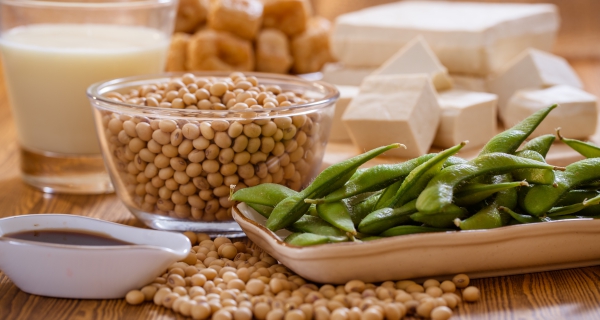
Your Choice
If your oncologist told you to avoid soy, it’s understandable that you might be nervous about including it. If you do not want to include soy in your diet, that is an ok choice too! You do not have to consume soy foods to have a healthy diet. There are plenty of other foods that you can include in your diet to provide you with nutritious plant proteins.
Caveat: Avoid Processed and Concentrated Soy
The source of the soy makes a difference. Just like with other foods, it’s best to stick to soy from whole food sources, not processed soy in pills or powders. You lose some of the beneficial nutrients when consuming processed versions of soy. In addition to some of the beneficial nutrients being removed, soy supplements and powders contain very concentrated amounts of soy estrogens.
Common sense suggests that you avoid soy supplements and limit processed foods made with soy protein isolate. Note, soy lecithin, soybean oil, and soy sauce do not contain concentrated soy. No need to avoid these items.
The Bottom Line
When it comes to nutrition and health, the single most important factor is your eating habits—those patterns of eating that comprise the foods you choose on a regular basis. There are no individual foods or nutrients that can prevent disease; rather, it’s the combination of including fewer processed foods and more plant-based foods that provide your body the nutrients it needs to function at its best.
My advice? Make sure you are getting plenty of the foods and nutrients that promote good health and support your immune system. Whether that includes soy is completely up to you.
Eat Well!
References
- American Institute for Cancer Research. Soy: Intake Does Not Increase Risk for Breast Cancer Survivors. www.aicr.org/cancer-prevention/food-facts/soy/. 2021.
- Chi F, Wu R, Zeng YZ, et al. Post-diagnosis soy food intake and breast cancer survival: a meta-analysis of cohort studies. Asian Pac J Cancer Prev. 2013;14:2407-2412.
- American Cancer Society. Soy and Cancer Risk: Our Expert’s Advice. www.cancer.org/cancer/latest-news/soy-and-cancer-risk-our-experts-advice.html. 2019.
Additional Reading
MD Anderson Cancer Center. Do soy foods increase cancer risk? www.mdanderson.org/publications/focused-on-health/soy-cancer.h18-1589046.html. 2014.
About the Author
Julie Lanford, MPH, RD, CSO, LDN, is a registered dietitian nutritionist, a board-certified specialist in oncology nutrition, and the Wellness Director of Cancer Services, Inc. in Winston-Salem, NC.





